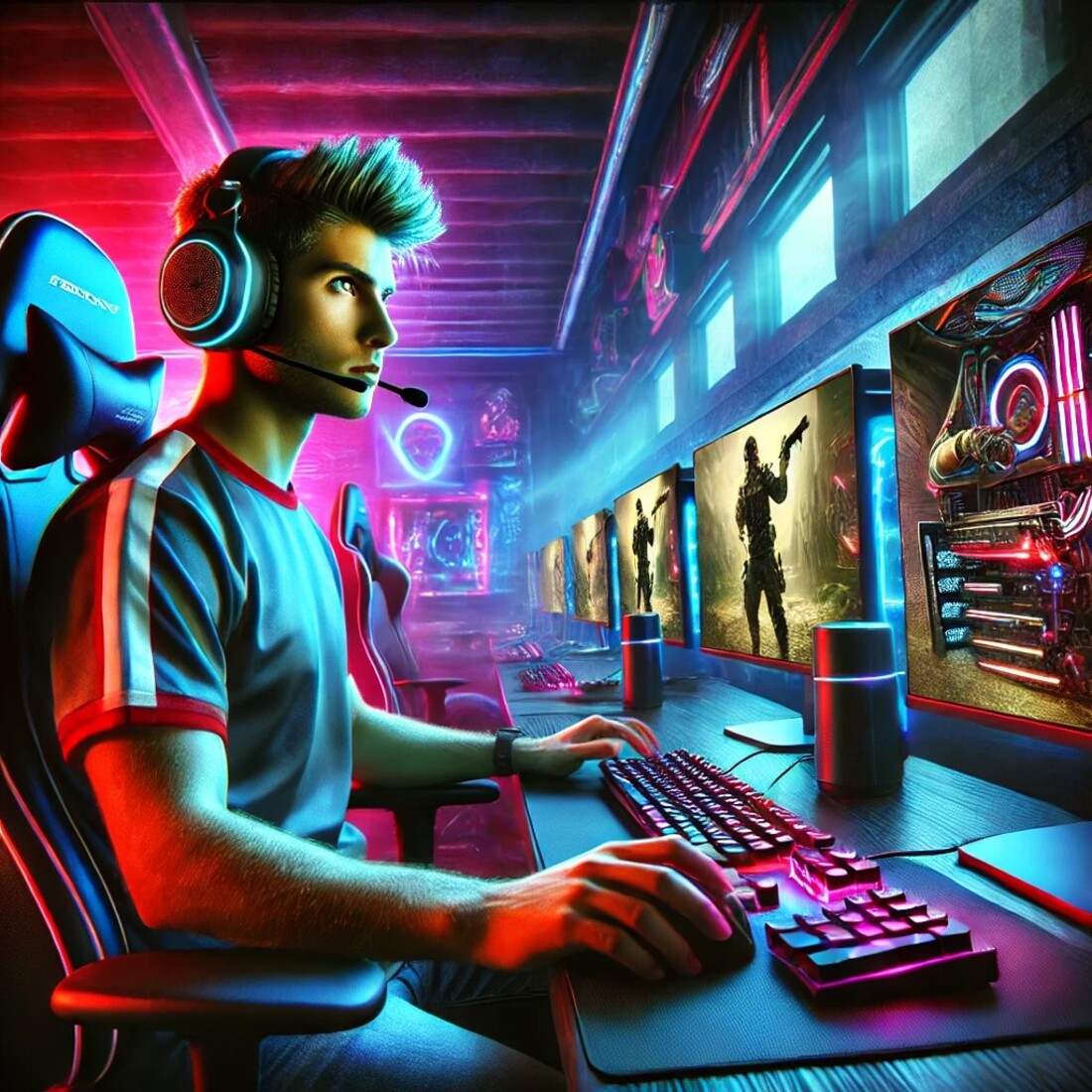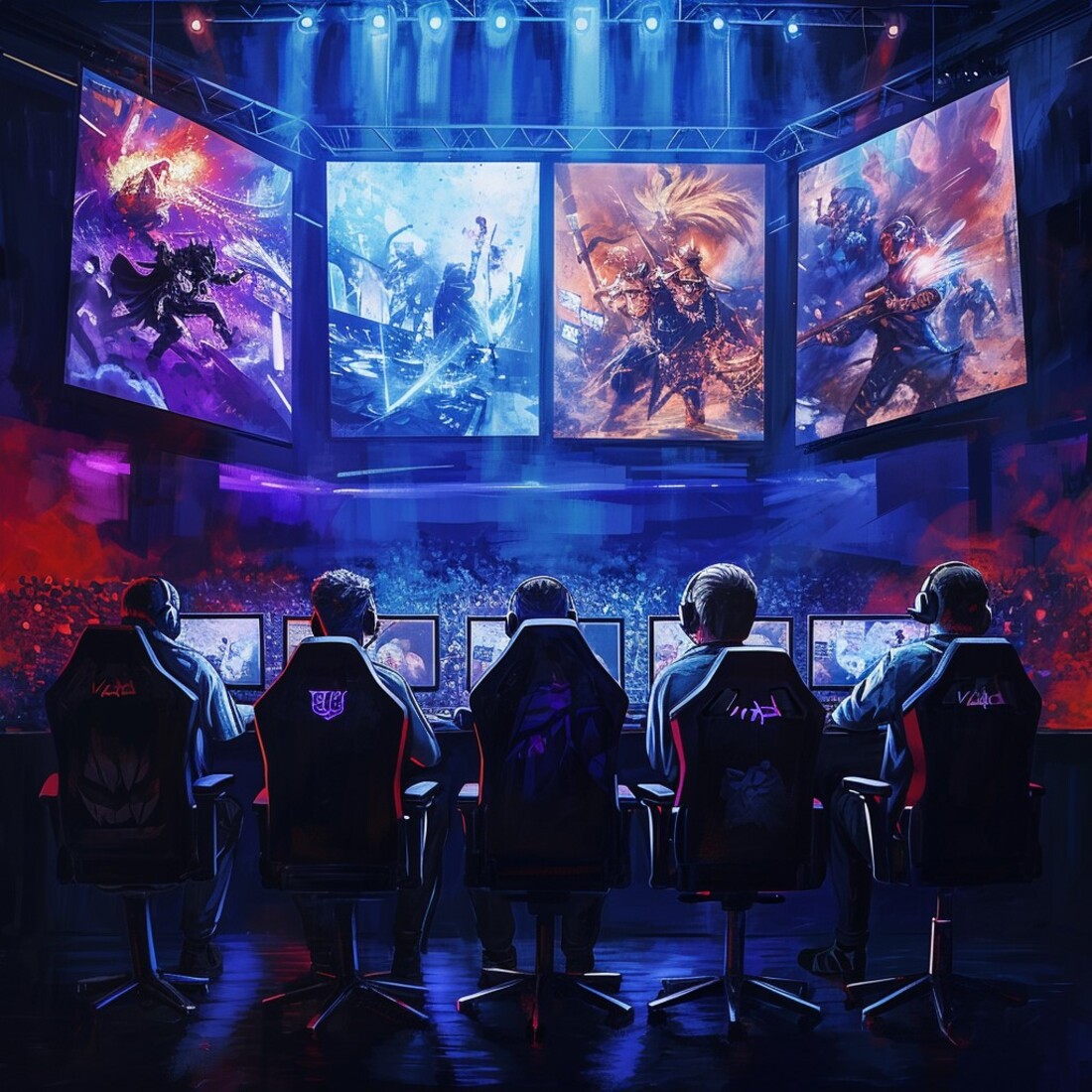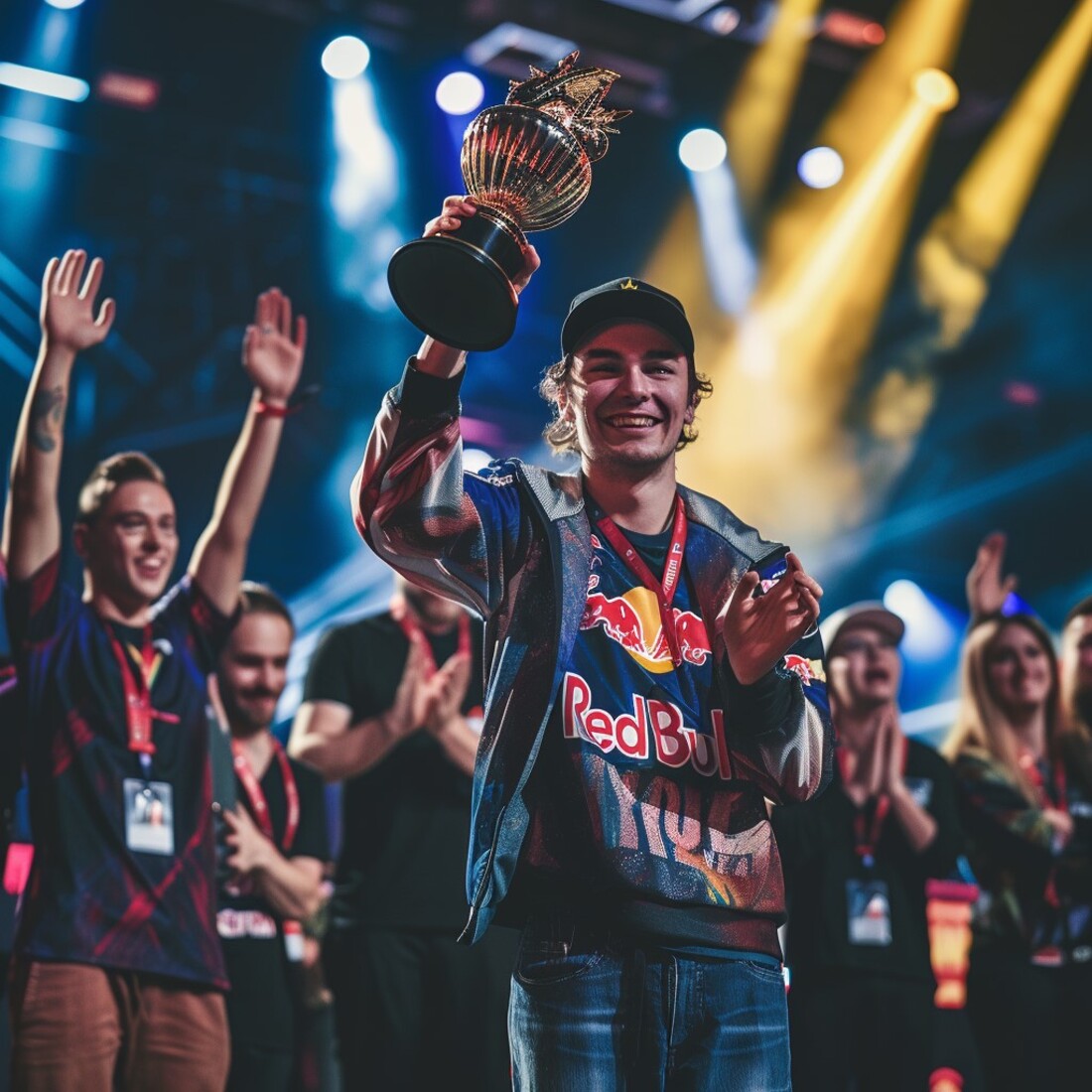Esports have burst onto the global stage, captivating millions and reshaping how we define athleticism and competition. But how are esports a sport? Far from casual gaming, esports demand razor-sharp reflexes, strategic mastery, and relentless dedication, mirroring the intensity of traditional sports. In a world where physical prowess isn’t the sole measure of a competitor, esports prove that mental agility and teamwork are just as vital. From packed arenas to global championships, this gaming phenomenon has claimed its place alongside basketball, soccer, and other iconic sports.

What is eSports
Esports is the electrifying world where gaming leaps off the couch and into the arena, blending the intensity of traditional sports with the digital age’s innovation. It’s competitive gaming on a massive scale, where players and teams go head-to-head in games like League of Legends or Counter-Strike, battling not just for points but for glory, fame, and sometimes millions of dollars. Think of it as the modern-day gladiator arena, but instead of swords, competitors wield keyboards, controllers, and lightning-fast reflexes. With roaring crowds, streaming platforms buzzing, and athletes training like Olympians, esports has truly become the ultimate fusion of skill, passion, and entertainment.
The difference between eSports and traditional sports
The difference between esports and traditional sports is like comparing a chessboard to a football field—both require strategy, skill, and passion, but they play out in totally different arenas. Traditional sports rely on physical strength, endurance, and agility, while esports thrives on mental sharpness, reflexes, and precise coordination between mind and fingers. Where soccer has stadiums, esports has glowing screens and global streams with millions tuning in. Training for esports doesn’t involve running laps but hours of mastering strategies and perfecting split-second decisions. Yet, the competitive spirit is identical, proving how are esports a sport in their own right, with rivalries, championships, and fanbases as passionate as any you’d find cheering courtside or in the stands.
What factors confirm that eSports is a sport

Esports is a sport because it ticks all the boxes that define competition and athleticism, just with a digital twist. Players train like athletes, dedicating countless hours to honing reflexes, mastering strategies, and building teamwork, much like football players perfecting their plays or basketball stars nailing free throws. The precision needed in esports rivals a tennis player’s serve, and the mental endurance mirrors that of a chess grandmaster. Massive tournaments with screaming fans, trophies, and millions of dollars on the line make it clear how are esports a sport.
Professional eSports involves regular training
Professional esports involves regular training that’s as intense as any traditional sport, but instead of lifting weights or running drills, it’s about sharpening reflexes, perfecting strategies, and building flawless team coordination. Players grind for hours daily, reviewing gameplay, studying opponents, and improving their mental endurance, much like a chess grandmaster preparing for a world championship. The dedication proves how are esports a sport, with athletes committing to rigorous schedules, strict routines, and even physical fitness to keep their minds sharp and reactions lightning-fast.
Professional eSports requires skill, reaction speed and intelligence
Professional esports demands a trifecta of skill, reaction speed, and intelligence, making it just as intense as any traditional sport. Imagine a sprinter’s explosive start combined with a chess grandmaster’s strategic mind, all happening at breakneck speed. Players need razor-sharp reflexes to outmaneuver opponents, tactical brilliance to anticipate moves, and the mental endurance to keep their cool under pressure. These qualities showcase how are esports a sport, blending the mental finesse of a strategist with the precision of an archer hitting bullseyes. It’s not just about pressing buttons; it’s about thinking faster, reacting smarter, and executing flawlessly in the heat of digital combat.
Professional eSports attracts investors and sponsors
Professional esports has become a magnet for investors and sponsors, drawing big names and huge money. The booming popularity, with millions of fans worldwide, makes esports a goldmine for brands eager to reach the next generation. Companies invest in teams, tournaments, and players, turning them into household names, much like the sponsorship deals you see in traditional sports. This flood of financial backing proves how are esports a sport, with the same level of endorsements, advertising, and global appeal that keeps arenas buzzing and streaming platforms packed. It’s not just gaming; it’s a billion-dollar industry fueled by passion and profit.
Professional eSports involves competitions and tournaments

Professional esports thrives on competitions and tournaments, where the stakes are as high as the pressure is intense. These events are like the Super Bowl or World Cup of gaming, bringing together the best players and teams from around the globe to battle it out for glory, trophies, and sometimes millions in prize money. Packed arenas and millions of viewers online turn every match into a spectacle, proving how are esports a sport with all the drama and excitement of traditional athletic championships. From strategizing like chess masters to executing moves with the precision of Olympic athletes, these players put it all on the line in a digital arena where only the best rise to the top.
Attitude of associations and sports organizations to eSports
The attitude of associations and sports organizations toward esports has shifted from skepticism to full-blown recognition, like a traditional coach finally embracing a new playbook. Many now see the competitive skill, teamwork, and global audience that esports bring to the table, acknowledging how are esports a sport in their own right. Big names like the International Olympic Committee and FIFA have dipped their toes into the esports waters, hosting events or integrating digital competitions into their programs. Traditional sports leagues, from the NBA to Formula 1, are even launching their own esports divisions, proving that the digital arena is no longer a rival but a partner in the evolution of sports culture.
Cybersports disciplines

Cybersports disciplines are as diverse as traditional sports, with each game bringing its own flavor of strategy and skill. Here’s a breakdown of some of the most popular ones:
- First-Person Shooters (FPS): Games like Counter-Strike: Global Offensive and Valorant demand precision, teamwork, and lightning-fast reflexes.
- Multiplayer Online Battle Arenas (MOBA): Titles like League of Legends and Dota 2 focus on strategy, map control, and team coordination.
- Battle Royale: Fortnite and PUBG blend survival, combat, and quick decision-making in massive, chaotic free-for-alls.
- Sports Simulations: FIFA, NBA 2K, and Madden recreate traditional sports digitally, proving how are esports a sport by mirroring the athletic world.
- Real-Time Strategy (RTS): StarCraft II challenges players to think like a general, managing resources and armies in high-stakes battles.
- Fighting Games: Street Fighter and Tekken test reflexes and tactics in intense, one-on-one combat arenas.
- Racing Simulators: Titles like iRacing and Gran Turismo combine speed, precision, and adrenaline, just like on a real racetrack.
Each discipline has its unique appeal, drawing players and fans from every corner of the globe, making esports a melting pot of digital competition.
How much do cybersportsmen earn
Esports players’ earnings vary widely, reflecting the industry’s diverse landscape. Entry-level professionals might start with annual salaries around $12,000, while top-tier players can earn up to $187,200 per year, excluding additional income from sponsorships and bonuses. These figures highlight how are esports a sport, offering financial rewards comparable to traditional athletic careers. Beyond salaries, tournament prize pools can be substantial; for instance, Dota 2’s The International has awarded millions to winning teams. Additionally, players often supplement their income through streaming, sponsorships, and merchandise sales, further enhancing their earnings.
Trophies of cybersportsmen

Cybersportsmen don’t just play for bragging rights; they walk away with trophies, medals, and jaw-dropping prizes that rival traditional sports. The rewards often include shiny championship cups, elaborate medals, and even rings, much like what you’d see in the NBA or NFL. On top of that, prize money can be astronomical, with major tournaments like Dota 2’s The International offering prize pools exceeding $40 million. Teams also snag sponsorship deals, exclusive gaming gear, and sometimes even cars or trips, proving how are esports a sport with all the grandeur and rewards of the traditional competitive world. From the glory of lifting a trophy in front of roaring crowds to cashing in life-changing checks, these digital athletes are redefining the meaning of victory.
Esports have transcended the realm of entertainment, proving their legitimacy as a sport through skill, strategy, and passionate competition. The question of how esports are a sport isn’t just about gameplay; it’s about the dedication, discipline, and global impact these digital athletes bring. As esports continue to grow, their role in shaping the future of sports and redefining what it means to compete is undeniable. Whether on the field or in front of a screen, the spirit of sport remains the same: pushing human limits to new heights.
